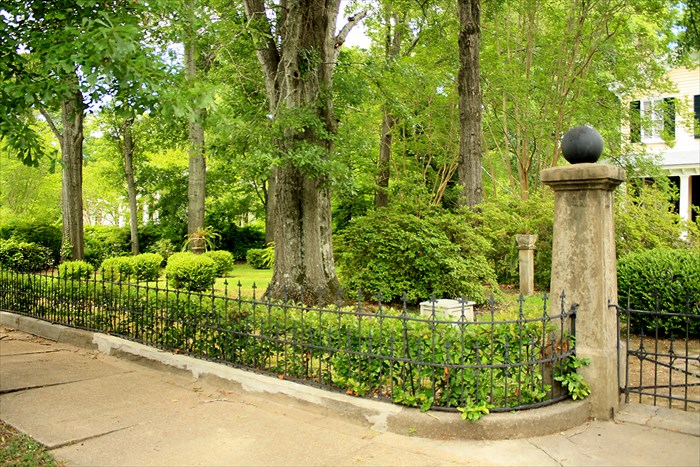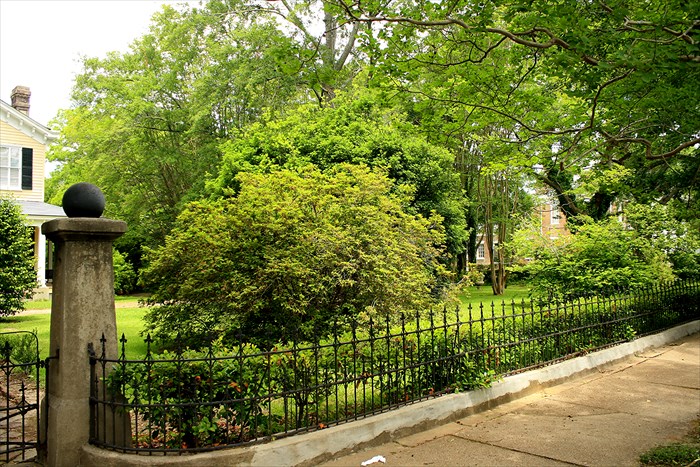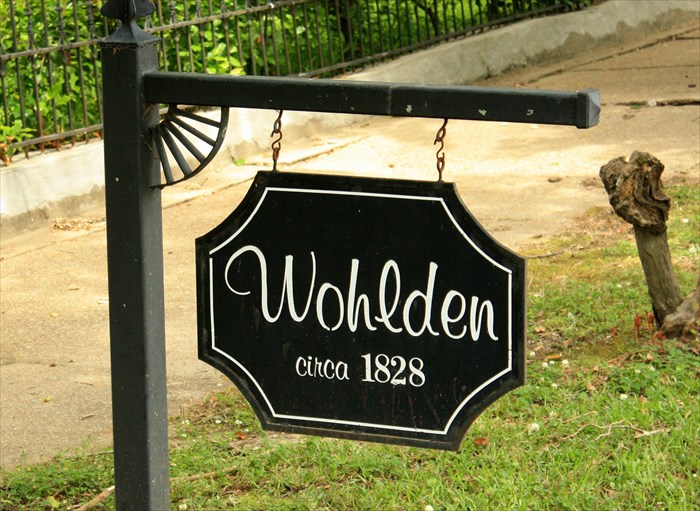Where do gardens come from?

Memory, I say.For me, the idea of a garden comes from early memories. Over time, cultural and historical overlays may influence garden preferences, but my memories of early childhood have always seemed to trump "learned" things.I think the word that best expresses this connection to memory is atmosphere. (Nostalgia runs a close second, and I'd probably choose that word if it weren't for overuse and loss of meaning. However, it is helpful to look to its origin. Thus, from Wikipedia: "The term nostalgia describes a sentimentality for the past, typically for a period or place with happy personal associations. The word is a learned formation of a Greek compound, consisting of νόστος (nóstos), meaning 'homecoming', a Homeric word, and ἄλγος (álgos), meaning 'pain, ache', and was coined by a 17th-century medical student to describe the anxieties displayed by Swiss mercenaries fighting away from home.")The word atmosphere encompasses much of that, or it can. But it has a broader meaning, one harder to define, more than memory.Last weekend, I visited my hometown of Canton, Mississippi. I was subsumed in a sea of nostalgia, trying to revive memories of the past, and realizing yet again that you can't go home again.But my visit to this house, Wohlden, built about 1828, did recall a clear memory of how it looked back in the 1960s, with a more extensive garden, simple box parterres and hedges, some topiary box, but all very much in decline and disrepair even then.
Though cleaned up a bit, the box mostly removed, the "garden" of Wohlden still exerts a strong reach into the past. Weathered concrete entrance posts and balls, ancient trees, a relaxed interweaving of closed and open spaces, and the house itself create an atmosphere that evokes much of the culture of the antebellum American South (the poverty and social ills of the present-day town are no where to be seen here), a culture of wealth and self-imposed nobility, good manners, strict protocols, care for precious relationships, precious possessions. A place for reverie, for half-dreaming, a forest domesticated for small town living, a place of refuge, of pleasure. Call it a sense of place.
A place for reverie, for half-dreaming, a forest domesticated for small town living, a place of refuge, of pleasure. Call it a sense of place. My present garden, in a clearing in the woods of western New Jersey, is very different in detail and style from this Mississippi garden, if it be a garden. But on a sunny afternoon, particularly near twilight, both gardens have much to say to each other.
My present garden, in a clearing in the woods of western New Jersey, is very different in detail and style from this Mississippi garden, if it be a garden. But on a sunny afternoon, particularly near twilight, both gardens have much to say to each other.

